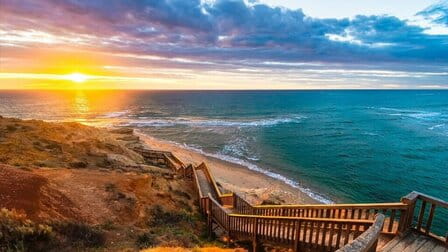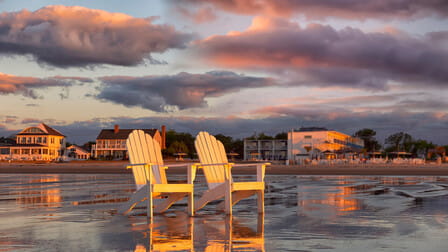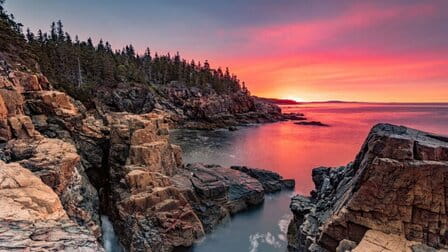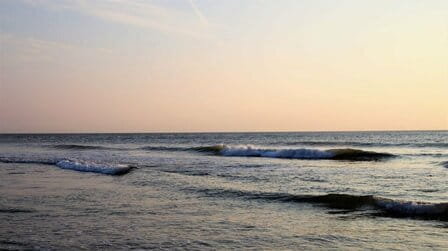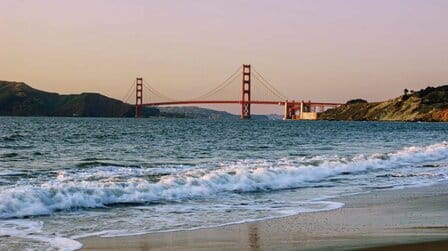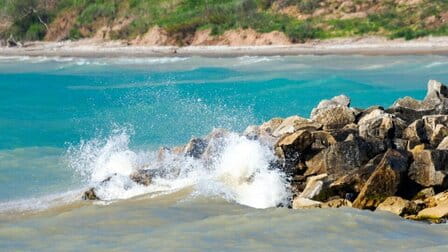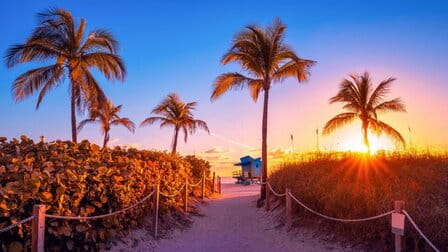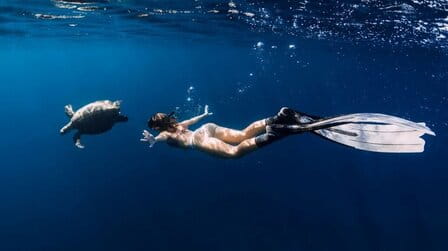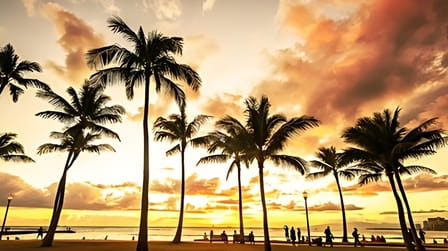The beaches of Massachusetts offer some of the best sea glass hunting on the east coast. As an avid sea glass collector myself, I've combed the shores across New England and find that Massachusetts has an abundance of beaches that yield a bounty of sea glass.
Sea glass is formed when pieces of glass from broken bottles, dishes, and other objects are smoothed by the ocean over many years. The continual tumbling by wind and waves in the salty water softly rounds the glass, frosting it into gem-like shards in white, green, brown, blue, and rare red.
Collecting sea glass is a relaxing hobby and many find it therapeutic. There is something special about combing the beach, enjoying the sights and sounds of the ocean, while keeping an eye out for that elusive piece of sea glass. Kids love the hunt too - it becomes a treasure hunt of sorts. The top beaches in Massachusetts for finding sea glass are:
Cape Cod National Seashore
The expansive Cape Cod National Seashore stretches for nearly 50 miles along the Outer Cape and offers excellent sea glass hunting.
Coast Guard Beach on the Lower Cape is one of the most popular beaches for finding sea glass. After storms, people report finding more unusual pieces here in purple, orange, yellow, and teal. The large parking lot provides easy access.
At Marconi Beach, the rocky stretches on either end of the beach tend to capture more sea glass. The steep stairs down to the beach deter some visitors, making it less picked over.
Nauset Beach is nearly 10 miles long so there's plenty of territory to explore. The sea glass here tends to be on the smaller side but offers a variety of colors. Come at low tide to access more beach.
Duxbury Beach
This six-mile long barrier beach south of Boston consistently produces wonderful finds of sea glass. Located in Duxbury, the beach allows visitors to drive onto the sand so you can cover more ground.
After a storm, people report collecting bagfuls of glass in the usual green, brown, and white but also more rare colors like blue, red, purple, yellow, and orange. It's one of the best places to find sea glass in Massachusetts.
Plum Island
Nine miles of pristine beach make Plum Island a sea glass hunter's paradise. Located north of Boston, the island has a remote, wild feel with dunes, salt marshes, and a wildlife sanctuary.
The south end of the island is part of the Parker River National Wildlife Refuge and is closed April to August during piping plover nesting season. For sea glass, try the beaches toward the middle and northern parts of the island. After stormy weather, people report abundant finds all along Plum Island.
Nantasket Beach
Located in the historic seaside town of Hull, Nantasket Beach offers over three miles of shoreline littered with sea glass possibilities.
The beaches here not only produce plenty of frosted glass but also pottery shards from old ship cargo and china pieces from an amusement park that once operated here. While sea glass finds are plentiful, Nantasket tends to have smaller shards.
Scituate Beach
With the historic Scituate Lighthouse as the backdrop, the beaches of this charming coastal town offer excellent sea glass hunting. The shoreline here has a good mix of both sandy beaches and rockier coves.
Some of the most popular stretches for sea glass include First Cliff, Second Cliff, and Third Cliff as well as the main Scituate Town Beach. After storms, people report bags full of smaller shards as well as some larger, smooth glass pieces.
Sea Glass Hunting Tips
To increase your chances of success, keep these sea glass hunting tips in mind:
- Go after a storm - wind and waves churn up more glass. The day after a big storm is ideal.
- Search at low tide - the receding water reveals more hunting ground.
- Look along high tide lines where glass gets deposited.
- Don't disturb wildlife or walk on dunes which are protected.
- Bring gloves to protect hands from sharp edges.
- Bring a bag or bucket to hold finds - glass is fragile.
- Look for glints of color among rocks and pebbles.
- Be patient - walking slowly and methodically is best.
- Make it fun! The thrill is in the hunt.
With miles of shoreline and waves that steadily deposit glass, Massachusetts beaches offer some of the best sea glass hunting around. A passion of mine, I hope you'll enjoy coastal exploring and the chance finds waiting among the sand. Remember to treasure the glass you collect - it takes nature many years to create these frosty gems.
5 FAQs about Sea Glass
What makes sea glass?
Sea glass is formed when normal glass from bottles, dishes, lightbulbs, etc gets tossed into the ocean and broken down over many years by the force of waves, sand, rocks, and saltwater. The continual tumbling actions softens and "frosts" the glass.
Where is the best place to find sea glass?
The best places are beaches with lots of waves, surf, rocks, and pebbles that help grind down the glass. Coastlines that face predominant winds and storms tend to churn up more glass. Beaches next to former dump sites or landfills can also yield more glass.
What color of sea glass is most rare?
Red sea glass is the most rare and valuable color to find because there was little red glass manufactured in the past compared to clear, green, and brown. Other rare colors include orange, yellow, teal, and turquoise.
Does sea glass have value?
Common pieces have minimal value but rare colors or pieces can be worth between $10-$1000. Value depends on color, size, quality, and desirability. Sea glass is very popular for crafts and jewelry so unique pieces are in demand.
Is it safe to handle sea glass?
Yes, sea glass that has been properly smoothed by the ocean is generally safe to handle carefully. However, it's still a fragmented form of glass so can have sharp edges in spots. Using gloves when hunting is recommended. Rinse off sand and let glass fully dry before crafting.
Conclusion
For sea glass lovers, the bountiful beaches of Massachusetts offer prime hunting grounds. With knowledge of the best locations and proper hunting tips, the chances of reward are high. A Zen-like hobby, sea glass connects us to nature as each frosted gem carries a story and history within it. I hope this provided useful insights and inspiration to explore the captivating shores of Massachusetts. Happy hunting!

